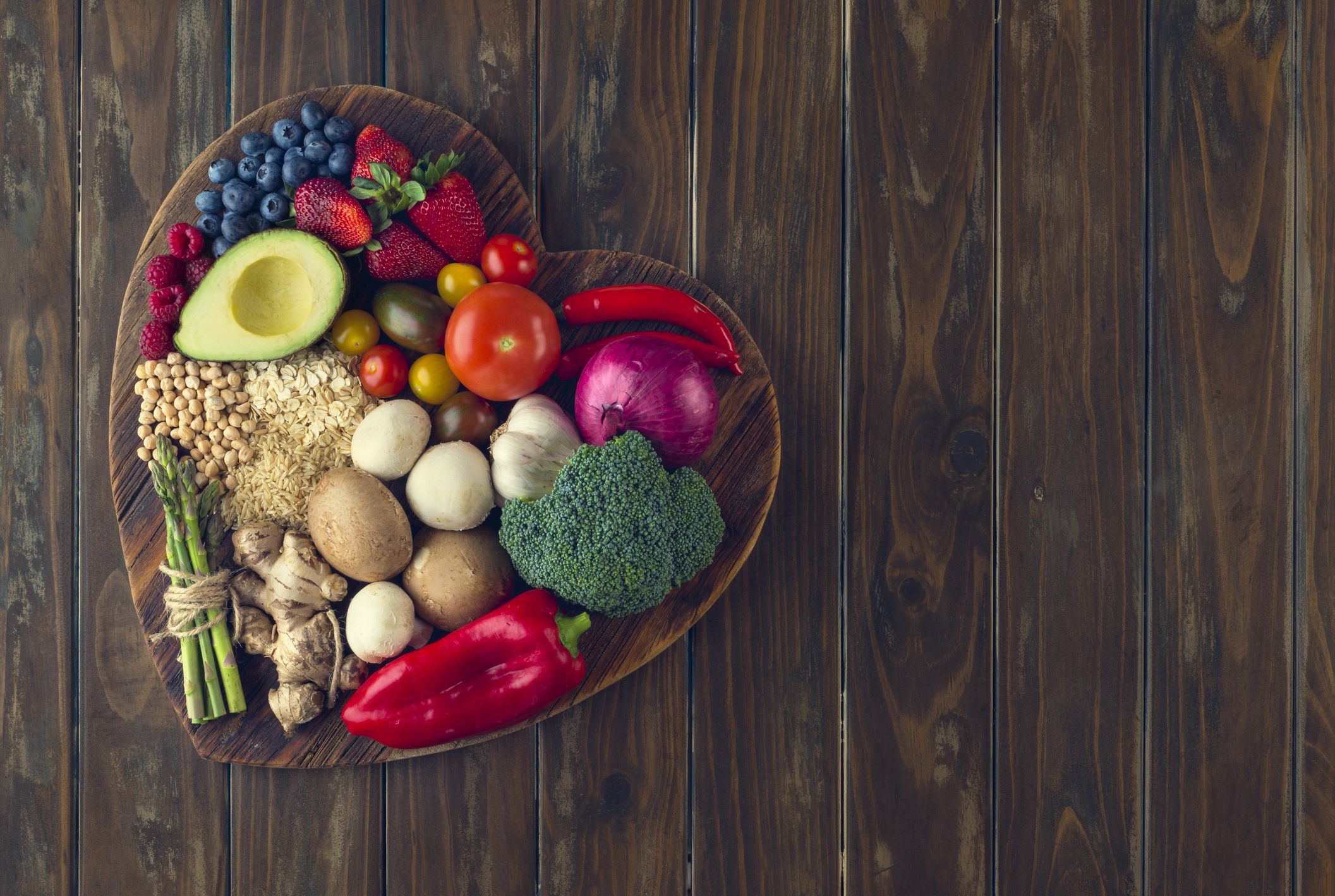Blood pressure is the force at which blood travels from the heart to the arteries. A normal blood pressure reading is less than 120/80 mm Hg. When blood pressure is high, blood moves more forcefully through the arteries. It puts increased pressure on the delicate tissues in the arteries and damages blood vessels. High blood pressure, or hypertension, affects about half of American adults, the American College of Cardiology estimates. As a “silent killer” Known in, it does not usually cause symptoms unless there is significant damage to the heart. Without visible symptoms, most people are unaware that they have high blood pressure.
Walk And Exercise Regularly
Exercise is one of the best things to reduce high blood pressure. Regular exercise helps make your heart pump stronger and more efficient in pumping blood, which reduces the pressure in your arteries. In fact, 150 Minute moderate exercise, such as walking, or 75 minutes of vigorous exercise, such as running, can help lower blood pressure per week and improve your heart health. According to that Health Study, the lower your blood pressure to do more exercise and more exercise.
Reduce Your Sodium Intake
Salt intake is high worldwide and it is a large part, is due to processed and prepared foods. For this reason, many public health efforts aim to reduce salt in the food industry. In many studies, salt has been linked to high blood pressure and cardiovascular events, such as stroke. However, more recent research indicates that the relationship between sodium and hypertension is less clear. One of the reasons for this may be genetic differences. Nearly half of people with high blood pressure and a quarter of those with normal levels feel sensitivity to salt. If you already have high blood pressure, then back your sodium intake to see what makes the difference. Worth cutting. Swap processed foods with fresh foods instead of salt and season them with herbs and spices.
Drink Less Alcohol
Drinking alcohol can increase blood pressure. In fact, alcohol is associated with 16% of cases of hypertension worldwide. Although some research has suggested that low to moderate amounts of alcohol may protect the heart, those benefits are negatively affected. In the US, moderate alcohol consumption is not defined as one drink a day for women and two drinks for men. If you drink more than this, cut back.
Eat More Potassium-Rich Foods
Potassium is an important mineral. It helps your body to get rid of sodium and reduces the pressure on your blood vessels. The modern diet has increased the sodium intake of most people while reducing potassium intake. To get a better balance of potassium for sodium in your diet, focus on eating less processed foods and more fresh, whole foods.
Foods that are particularly high in potassium include:
- Vegetables, especially leafy greens, tomatoes, potatoes, and sweet potatoes
- Fruit, including melons, bananas, avocados, oranges, and apricots
- Dairies, such as milk and yogurt
- Tuna and salmon
- Nuts and seeds
- Beans.
Cut Back On Caffeine
If you have never drunk a cup of coffee before you have lowered your blood pressure, then you will know that caffeine promotes immediately. However, there is not much evidence to suggest that drinking caffeine on a regular basis increases permanent. In fact, people who drink caffeinated coffee and tea have a lower risk of heart disease, including high blood pressure, than people with high blood pressure. Do not consume caffeine may have a greater effect on them. If you suspect that you are sensitive to caffeine, cut back to see if it lowers your blood pressure.
